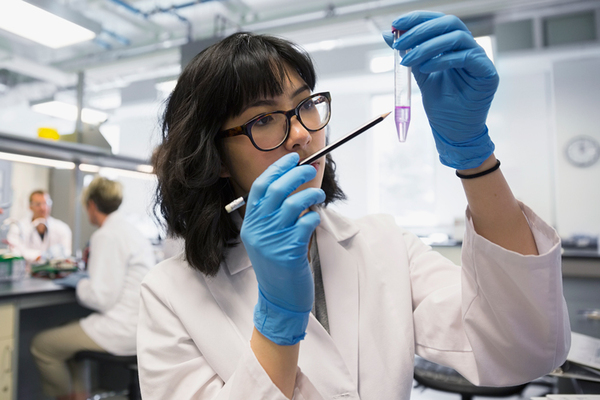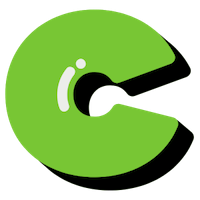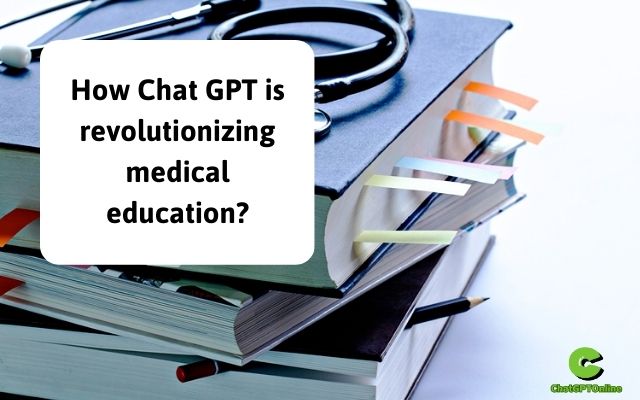Chat GPT, an AI-based chatbot, has emerged as a transformative force in various industries, including education and teaching. With its remarkable ability to engage in natural conversations, Chat GPT has garnered immense popularity, surpassing 100 million users in just a few months. Leveraging vast amounts of data and advanced computing techniques, this generative language model is poised to revolutionize the way we interact with technology. Its potential impact on medical education has sparked extensive conversations, with some even exploring its role in clinical decision-making.
We will examine how Chat GPT is revolutionizing medical education.
Enhancing the Online Learning Experience
ChatPT is important for medical students who are learning online. Medicine is complex and requires practical demonstrations, illustrations, and images. Content that is accessible and user-friendly in various formats is crucial, such as text, graphics, audio, and video. Chat GPT can quickly generate this type of content so that students can learn at their own pace, which helps them internalize knowledge. This kind of learning experience promotes lasting and consolidated learning.
Acting as a Personalized Virtual Tutor
As mentioned earlier, Chat GPT acts as a virtual tutor that provides tailored learning experiences. It adjusts the content’s difficulty level according to the student’s learning style and comprehension ability. The platform offers personalized study plans, step-by-step instructions, and feedback, all of which lead to better academic performance and outcomes.

An Invaluable Tool for Educators
Teachers find Chat GPT to be extremely useful for creating teaching materials, such as tests, exercises, questions, descriptions, explanations, and summaries. It serves as a reliable teaching assistant and even simplifies the evaluation process by efficiently grading student performance in tests and exams.

Empowering Medical Research
Chat GPT has the potential to revolutionize medical research by conducting comprehensive literature reviews, extracting relevant data and figures, surveying research articles, and providing concise summaries. It can serve as an indispensable research assistant for medical researchers, specialists, and students. Not only that, Chat GPT can also generate fresh ideas, case studies, and scenarios that can contribute to original research endeavors in the field of medicine.

Facilitating Seamless Translation
Effective translation is essential in the field of medicine since it enables seamless communication across language barriers. Chat GPT is a useful tool for facilitating communication between researchers and specialists worldwide, allowing the exchange of research insights, ideas, and best practices. The tool promotes efficient doctor-patient communication across borders and cultures. Additionally, Chat GPT expedites the translation of essential medical resources like textbooks, manuals, encyclopedias, and treatises, benefiting the medical publishing industry.

Assisting Clinical and Radiological Decision-Making
The chatbot GPT can be very helpful for doctors, practitioners, and diagnostic experts in making clinical and radiological decisions. It provides suggestions and valuable perspectives that enhance the logical support behind critical medical judgments, resulting in better patient care.

Although Chat GPT has shown its value in medical education and research, it is important to acknowledge ethical and legal concerns. It’s necessary to carefully consider issues such as ownership of generated content and research, potential methodological biases, and making sure the content is both valid and accurate. Furthermore, as medicine is an ever-changing field, students may rely too heavily on Chat GPT which could decrease their critical thinking and clinical reasoning abilities. It is important to understand that Chat GPT is meant to enhance human intelligence, not replace it. It should be viewed as a helpful tool, rather than a substitute.
To summarize, Chat GPT has a significant impact on medical education. It improves online learning, acts as a customized virtual tutor, helps teachers, simplifies research, allows seamless translation, and assists in decision-making. However, it is important to continue talking, researching, and considering ethical implications to make the most of its potential benefits.

